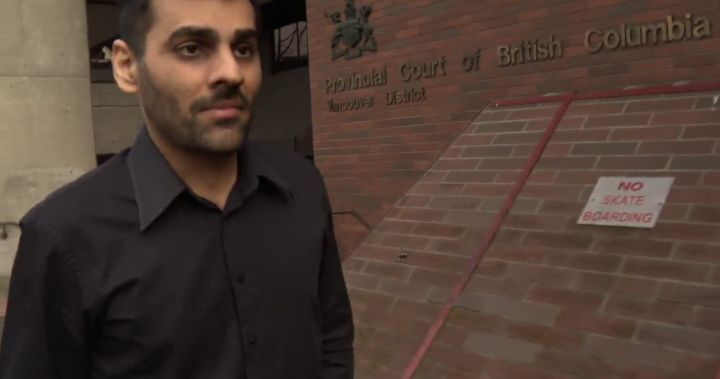A man convicted of attacking two sisters from Alberta at his Airbnb rental in Vancouver will not face additional jail time following his sentencing in May 2025. Arvin Pasha pleaded guilty to assault with a weapon and assault causing bodily harm for the brutal May 2022 incident in which he stabbed the women multiple times at a Kitsilano short-term rental. Despite the severity of the attack and the lasting trauma suffered by the victims, prosecutors chose not to pursue further incarceration. The case has drawn attention to security risks associated with short-term rentals, while one victim has also filed a civil lawsuit against Pasha and related parties seeking damages.
Arvin Pasha’s attack on the two Alberta sisters occurred in May 2022 at his Airbnb property located in Vancouver’s Kitsilano neighbourhood. During the assault, Pasha used a knife to stab the women repeatedly, resulting in serious injuries that required immediate medical intervention. The victims have since faced considerable physical and psychological challenges stemming from the traumatic event.
Following his arrest, Pasha was charged with assault with a weapon and assault causing bodily harm. In the trial leading up to May 2025, he pleaded guilty to both charges, acknowledging his responsibility for the injuries inflicted. The sentencing, however, concluded without additional jail time imposed, a decision that has sparked a debate about the adequacy of legal consequences in such serious criminal cases.
Legal Proceedings and Sentencing Decision
Prosecutors, despite presenting the case’s gravity, opted not to seek further incarceration beyond Pasha’s current sentencing framework. Legal experts suggest various factors may have influenced this approach, including potential agreements, mitigating circumstances, or considerations related to rehabilitation prospects. The court’s determination took into account multiple arguments but ultimately resulted in a sentence that avoids prolonging Pasha’s jail term.
Security Concerns Surrounding Short-Term Rentals
This case has significantly heightened public awareness regarding safety measures in short-term rental accommodations such as Airbnb. Critics argue that existing regulations and security protocols may be insufficient to protect tenants and guests from violent incidents. The attack has prompted discussions among policymakers, rental platforms, and community stakeholders about improving background checks, enhancing property security features, and instituting stricter oversight on rental arrangements.
Civil Litigation Efforts
In addition to the criminal justice process, one of the victims has filed a civil lawsuit against Arvin Pasha, the Airbnb platform, and other related parties. The lawsuit aims to seek financial compensation for the injuries and lasting impact of the assault. Through this legal action, the victim intends to hold multiple entities accountable and to highlight the broader risks associated with short-term rentals.
Community and Victim Support
The violent nature of the incident and the subsequent legal outcomes have underscored the need for comprehensive support systems for victims of assault. Local organizations and advocacy groups emphasize the importance of providing psychological counseling, medical care, and legal assistance to survivors. The case continues to serve as a catalyst for renewed commitment to victim protection and crime prevention in rental-based hospitality services.
In summary, while Arvin Pasha has been held legally accountable for the May 2022 assault of two Alberta sisters at his Vancouver Airbnb rental, the decision to forgo additional jail time has raised concerns about the adequacy of sentencing in severe violent cases. The incident has brought to the forefront critical issues regarding the security and regulation of short-term rental properties, prompting calls for improved safety measures and stricter oversight. Concurrently, ongoing civil litigation seeks to address the victims’ need for compensation and broader accountability. The case highlights the urgent necessity for enhanced victim support and community safeguards within the context of short-term accommodation services.

